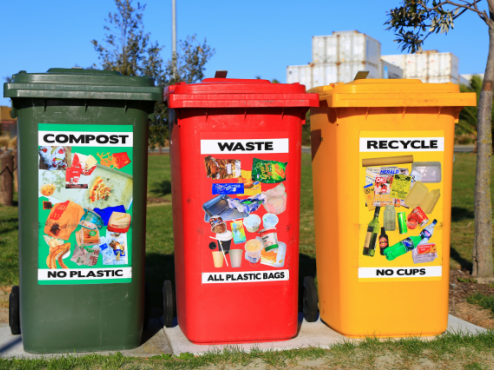Environmental Impact of Dishwasher Disposal and How to Minimize It
Introduction
Replacing an old dishwasher necessitates an understanding of the environmental impact associated with its disposal. Dishwashers comprise various materials, some of which can be environmentally harmful if not disposed of correctly. This article delves into the environmental ramifications of dishwasher disposal and offers guidance on how to minimize your carbon footprint throughout this process.
1. Materials in Dishwashers
Dishwashers consist of several materials, including:
- Metals: Stainless steel, copper wiring, and occasionally aluminum.
- Plastics: Found in components such as hoses, seals, and control panels.
- Electronics: Comprising circuit boards and wiring.
- Insulation Materials: Often containing chemicals or materials like fiberglass.
2. Environmental Concerns
Improper disposal of dishwashers can lead to significant environmental issues:
- Landfill Pollution: Non-recyclable components and plastics contribute to landfill waste.
- Toxic Leaching: Hazardous materials such as lead, mercury, and chemicals in insulation can leach into soil and groundwater.
- Resource Depletion: When dishwashers are not recycled, valuable metal resources are wasted.
3. Minimizing Environmental Impact
Consider the following steps to reduce the environmental impact of dishwasher disposal:
- Recycling Programs: Utilize recycling programs provided by appliance retailers or municipal recycling centers.
- Donation: Donate functioning dishwashers to charitable organizations or individuals in need.
- Proper Disposal: Adhere to local regulations for hazardous waste disposal, especially when handling insulation materials or electronics.
4. Benefits of Recycling
Recycling your old dishwasher has several environmental advantages:
- Resource Conservation: Recycling metals reduces the need for new raw materials.
- Reduction of Landfill Waste: Prevents non-biodegradable materials like plastics from entering landfills.
- Energy Savings: Recycling consumes less energy than the production of new materials.
5. Finding Recycling Options
Explore local recycling centers or scrap metal yards that accept large appliances. Many municipalities offer curbside pickup or scheduled drop-off days for appliances. Additionally, appliance retailers often provide recycling services when delivering new appliances.
6. Disposing of Hazardous Materials
Handle hazardous materials such as insulation and electronics with care:
- Personal Protection: Use gloves and eye protection when dismantling appliances.
- Proper Disposal: Follow local guidelines for disposing of hazardous waste at designated facilities.
Conclusion
Understanding the environmental impact of dishwasher disposal enables you to make informed choices that benefit both your household and the environment. By recycling or donating your old dishwasher, you can reduce waste and support sustainable practices within your community. Always research local regulations and disposal options to ensure responsible handling of your old appliance.
Related Posts
 Help Wanted for End of Year Thrift Store Selling
Help Wanted for End of Year Thrift Store Selling
We are seeking a skilled estate sale team or an individual with extensive experience in conducting successful public sales. Our business has accumulated a substantial inventory, and we are aiming to efficiently clear out this stock before the end of the current year. If you or your organization possess the expertise and resources necessary to manage such a project effectively, we would greatly appreciate the opportunity to discuss this potential collaboration with you. Please do not hesitate to express your interest in this prospect.
Read More Estate Cleanouts and Junk Hauling Services for Seniors
Estate Cleanouts and Junk Hauling Services for Seniors
Green junk hauling, downsizing, and estate cleanouts from Gone For Good are available throughout Northern Colorado. Unwanted belongings get a second chance with GFG, whether they go to our thrift stores, charity or get recycled- we can as much as we can out of the landfill.
Read More How to Recycle and Why You Should Do It in Aurora, Colorado
How to Recycle and Why You Should Do It in Aurora, Colorado
Recycling is more than just a buzzword; it’s a meaningful way to protect our environment and conserve precious resources.
Read More Everything You Need to Know About Recycling Old Lawn Mowers
Everything You Need to Know About Recycling Old Lawn Mowers
Lawn mowers are essential for keeping lawns well-maintained, but as with any equipment, they eventually wear out or become outdated.
Read More